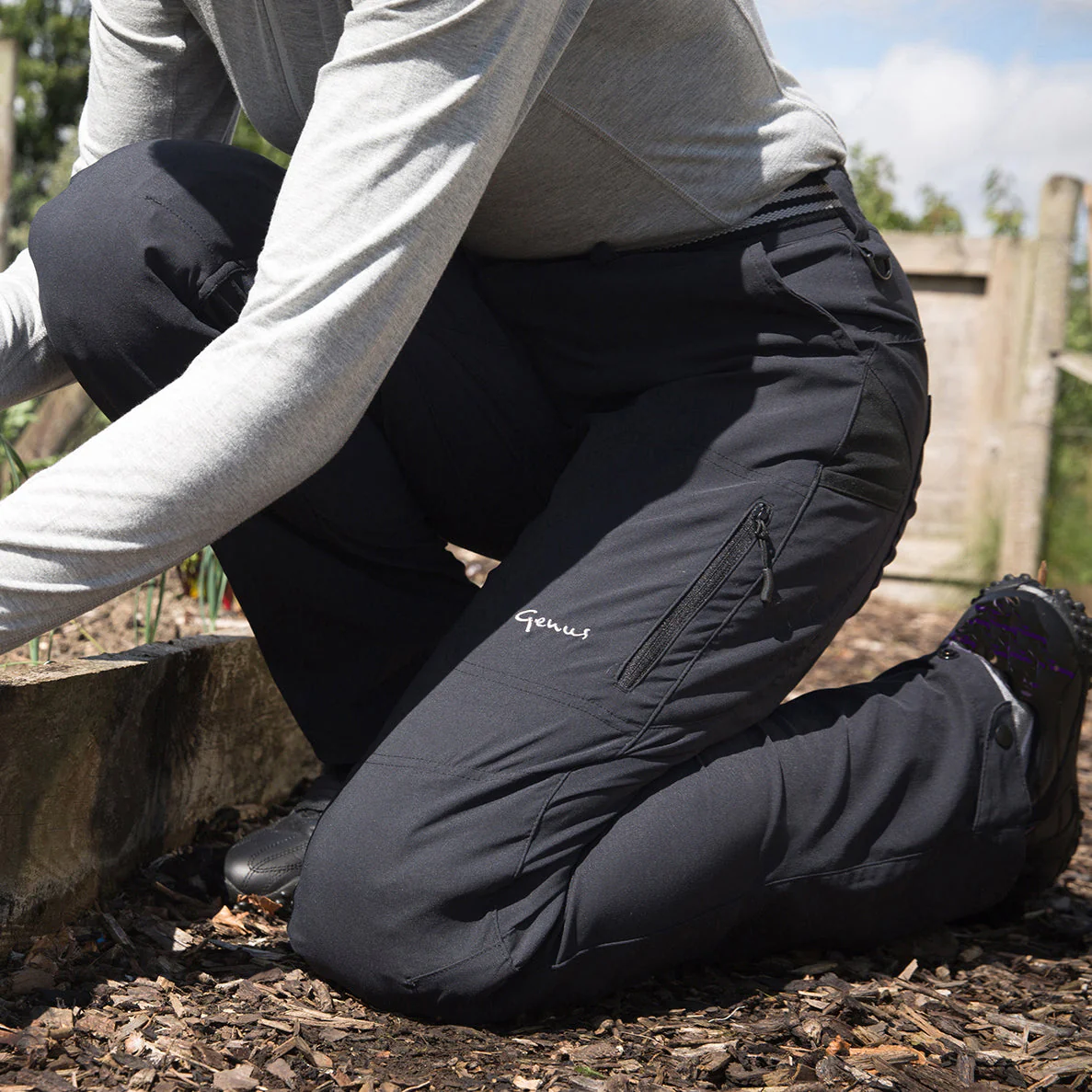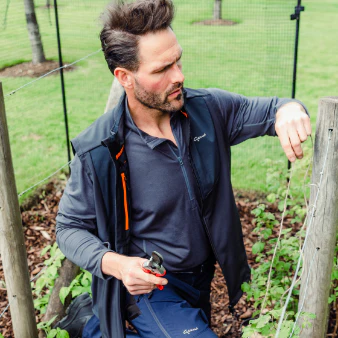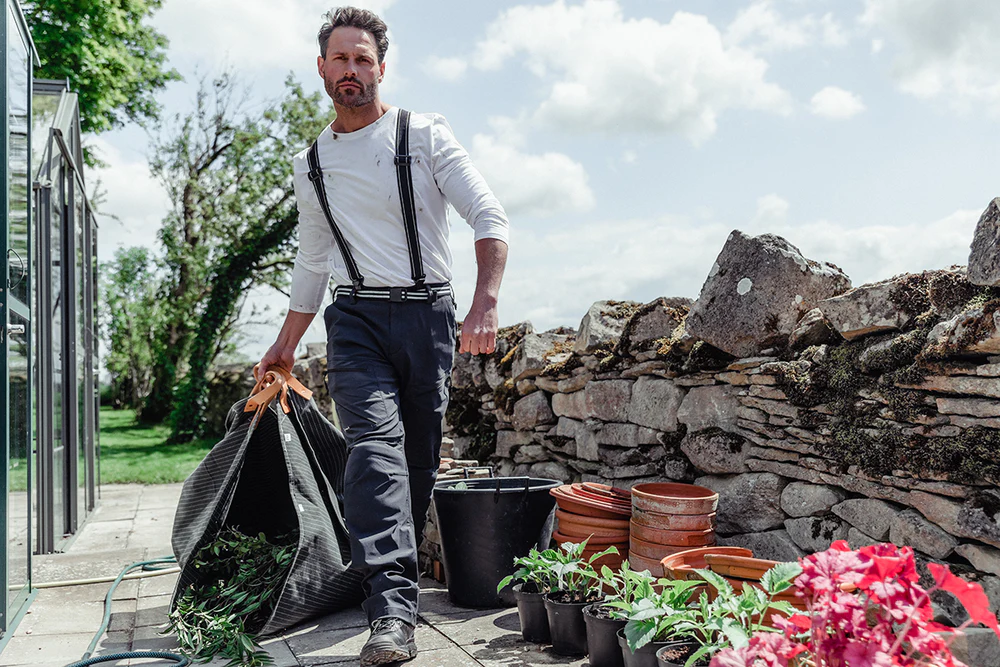Forget yoga, try gardening this winter

Exercise addicts are always trying to convince us of the benefits of yoga – increased flexibility, stronger joints and bones and a relaxed body and mind. But did you know that 30 – 45 minutes of gardening a day could have the same effect? In fact, your 30 minute gardening session could provide the same benefits as a 2 mile walk or 5 mile cycle!
Burn those calories
Spending 30 minutes planting can burn around 135 calories, whilst weeding your garden for half an hour can burn a further 156 calories. Not to mention all that stretching, bending and extending which helps you to become more flexible whilst keeping your joints strong and supple. Just make sure you’re wearing trousers with good knee protection!
Lifting bags of compost, shovelling and pushing a wheelbarrow all provide resistance training for healthier joints and bones, and whilst you’re gardening, you’re working all your major muscle groups. Gardening rates as a moderate to strenuous form of exercise, alongside walking and cycling.
Other health benefits
Gardening has a whole host of other benefits too, such as decreasing your cholesterol level and lowering your blood pressure. There is evidence that gardening can reduce the risk of a heart attack in the over 60s, and can also lower the risk of developing type 2 diabetes.
If you’re new to gardening, you can break your 30 minutes into smaller sessions throughout the day. As long as each session is at least 8 minutes long, you’ll still reap all the health benefits.











